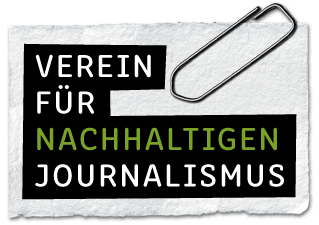Horst-Michael Prasser, professor of nuclear energy systems, Zurich.
- Details
- Written by Martin Arnold
„Don’t be afraid of nuclear energy “
Horst-Michael Prasser hails from Görlitz in the former GDR. He studied at the Moscow Power Engineering Institute from 1974 to 1980 and obtained his PhD in 1984 from the Engineering University in Zittau with flow studies on nuclear reactors. He has been a professor of nuclear energy systems at the ETH Zurich since 2006.
"I have been teaching between 12 and 15 students each year since 2008 at the ETH on the subject of nuclear technology as they pursue a Master of Science in Nuclear Engineering. Around the same number of students take nuclear technology studies as an elective as part of other technical studies. At the same time, I supervise around a dozen doctoral theses. Before the students receive their master's degree as nuclear engineers here, they require a bachelor's degree, for example in mechanical engineering, physics, electrical engineering or chemical engineering. Depending on their educational background, a committee requires that they first deepen their knowledge in one or another subject before they can begin their master's studies. Students with a bachelor's in chemical engineering interestingly often have the best knowledge, followed closely by those with a degree in mechanical engineering. Out of the 12 to 15 students, only a few are Swiss. They often come from Germany, France, Italy, US, China, South Korea and in some cases from other countries. The lack interest among Swiss students in this field of study is easily understandable, even if future prospects in professional terms are good – despite or precisely because of the slow phase-out. During their studies, future nuclear engineers acquire in-depth knowledge on how to operate nuclear power plants, nuclear safety, nuclear fuel supply and disposal, the use of nuclear power and energy supply. They are informed about the potential of nuclear fusion and learn more about the use of nuclear technology in medicine, industry and research. Their education also includes reflections about the nuclear energy life cycle, ranging from uranium mines to future underground disposal. Integrating nuclear energy into global energy supply systems broadens the horizons when teaching them about nuclear energy. I come from Dresden and studied nuclear energy at the Energy Institute in Moscow. My speciality is fluid mechanics, and my training in the former Soviet Union took place between 1974 and 1980. During the excitement over this unlimited energy source, people had far too little concern about safety. This only developed later after the Three Mile Island accident. In Switzerland I became acquainted with a security culture, which I value highly. Swiss nuclear power plants have been consistently upgraded, and there is also a very strict supervisory authority in ENSI. In Swiss nuclear power plants, for instance, diesel generators for emergency power supply were protected from flooding long before Fukushima. And in a new construction nowadays, safety systems are installed that can limit the consequences of a meltdown at the plant. Many of these can be retrofitted at existing plants, but unfortunately not all. It's very doubtful that these upgrades are being taken equally seriously in all countries, and the safety level of new plants cannot be fully achieved, even with retrofits. This is why I'm in favour of building new nuclear power plants in a timely manner.
I'm convinced that humankind will continue to depend on nuclear energy and it's a mistake to throw around money to develop renewable sources of energy to replace nuclear energy when it's actually about weaning ourselves of fossil fuels as quickly as possible. By doing away with nuclear power plants, Switzerland is gradually losing its expertise in many technological fields and especially its once leading role in nuclear safety. In my opinion, it sends the wrong message to countries that still want to rely on nuclear energy."
read more:






